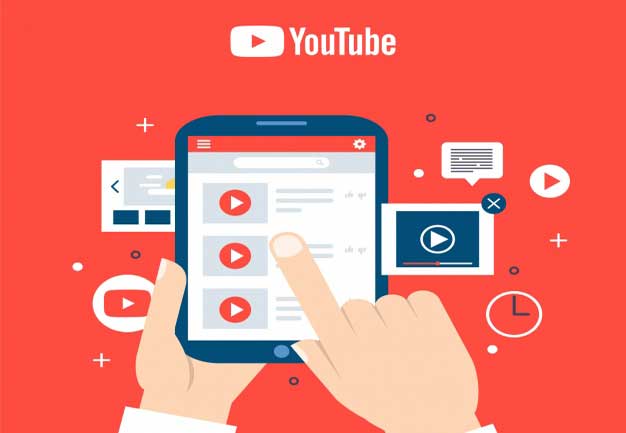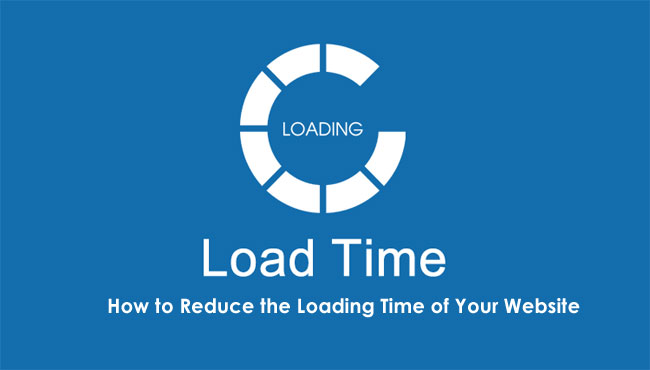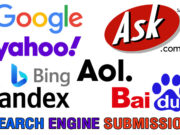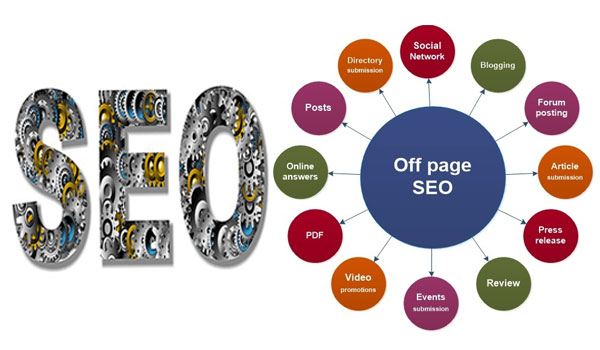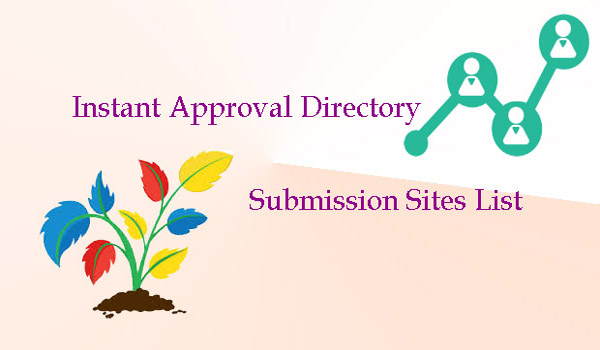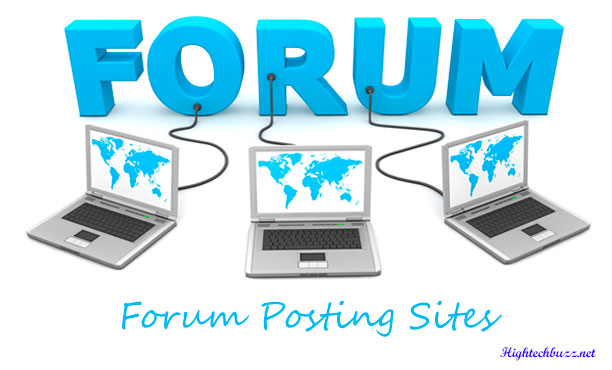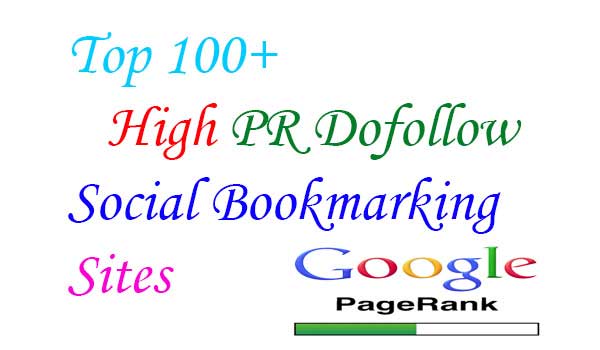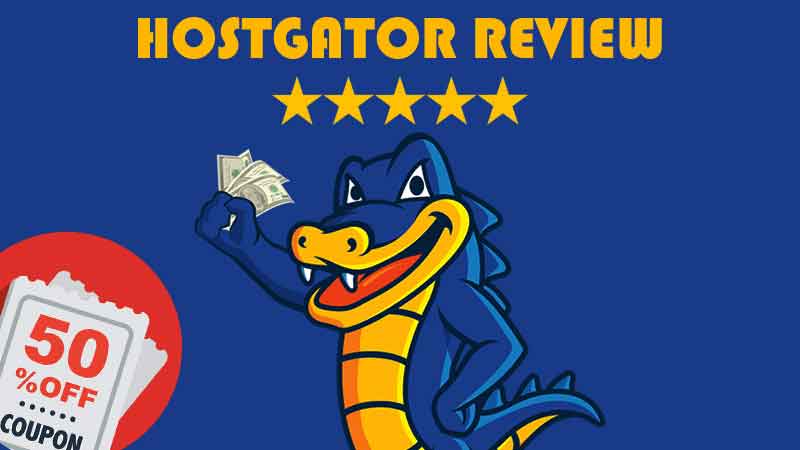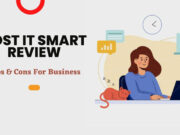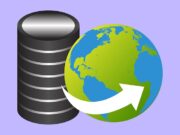No matter what industry you’re in, marketing is not easy. It is quite the art to get the average person to see the value in what you’re selling and persuade them to buy. Naturally, this has led to saas marketing becoming a heavy investment and focus for businesses, and being an expert marketer means being able to sell anything from plane tickets to cell phones. But what happens when you have to sell something you cannot touch, like advanced pricing software, rather than a new machine or coat? How do you market things like these that are not quite a product, nor exactly a physical service?
These are questions that SaaS marketing must tackle on a regular basis, making their job even more complicated than any other type of marketing today. The strategies and skills of SaaS marketers have defined SaaS marketing as distinctly different from their non-SaaS counterparts. As the world continues to become more tech-oriented as well as consumer expectations continue to evolve, it is proving that the rest of the industry could learn a lot from SaaS marketing and the concepts they use to remain successful.
What is SaaS Marketing?
SaaS stands for “Software as a Service,” and by its nature, it requires companies to sell something that is often a continuously changing concept; an entire idea rather than a simple product. To make things more difficult, the sales cycle for SaaS tends to be rather short. More often than not, SaaS marketers are faced with the challenge of marketing the entire company and its mission in addition to the customer and their journey – not exactly a short pitch – without the advantage of being able to utilize common marketing practices to promote the product’s value.
How SaaS Marketing Differs
To get around these setbacks, SaaS marketing has become extremely savvy in regards to how they manage to win over potential customers. Some of their strategies would seem so outlandish to other industries that traditional marketers would likely hardly believe they work. But they do, and it’s quite possible that SaaS is not the only industry that could benefit from these ideas.
Free Trials. You’d be hard-pressed to find a SaaS company that doesn’t offer a demo of their software. There’s a good reason for this – again, software isn’t exactly something you can exactly touch or feel, and a picture ad isn’t going to give you a good idea of its value. SaaS marketers know this, so they make it a point to give customers a lengthy opportunity to try out the full capabilities of their software free of charge.
Selling a concept for life
Like we established before, SaaS products tend to evolve with time; constant updates are made, new features are added, bugs are fixed, etc. They have to market the entire idea to the customer; its past, present and future value. Combine this with the fact that sales cycles tend to be short, and you have a conglomerate of complex questions SaaS marketers must ask themselves in order to do their jobs effectively. They aren’t focused on a single sale: they need lifelong customers, and they need to convince them to stick around for the entire ride of the SaaS company’s journey.
Information and service matter a lot more. As denoted by its name, service is a huge component of marketing in SaaS and is a focal point of its value. Therefore, SaaS marketers must highlight aspects of the company and its interaction with clients that most marketing departments wouldn’t think to mention in the first place. Additionally, information is undoubtedly one of the most valuable tools SaaS marketing departments have. Most of their audience is doing online research when “shopping” for SaaS products, so having your company’s info at the top of google searches in the form of blog posts or eBooks is crucial for effective marketing.
Takeaways From SaaS Marketing
The overall concepts of SaaS marketing could give other industries some food for thought regarding how they market their products or services. The idea of highlighting services, for example, is a potentially brilliant marketing strategy for several industries as customers continue to develop higher expectations of customer service from the companies they shop with. Learning how to market a company as a concept and creating lifelong customers regardless of the sales cycle length is yet another potentially revolutionary concept from SaaS marketing that could be applied successfully to other industries. Retailers, for example, have learned to market their brand as much and sometimes even more than their own products with great success. Regardless, SaaS marketing proves to be a unique branch of marketing full of novel ideas that even if not replicable in other industries, is certainly worth studying regardless of what you are marketing.






